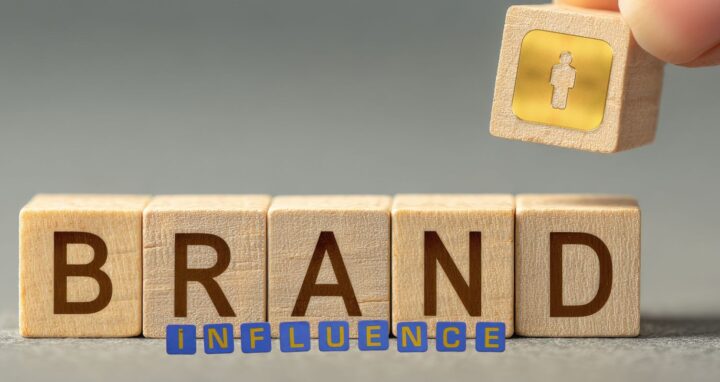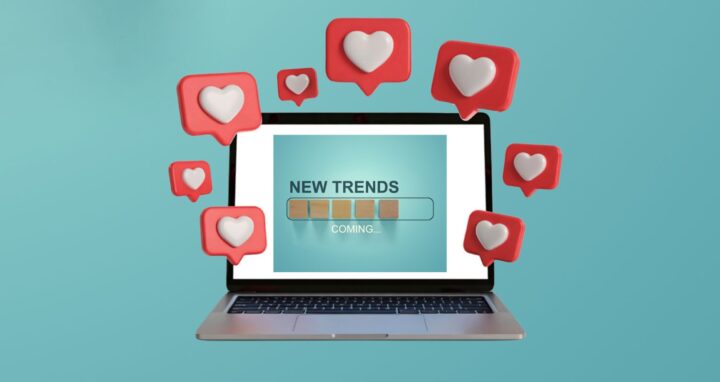This insights post is a summary of the blog post published by Beutler Ink. View their other Insights at: The Ink Tank.
Authenticity is paramount to social users in 2025. Across every platform, social users are more attuned than ever to what feels fake, overly curated, or disconnected. Whether it’s a generic influencer ad or a brand’s AI-generated content, audiences can spot inauthenticity instantly, and they’re not afraid to disengage.
Take Duolingo, for example. Once celebrated for its engaging, Gen Z-style voice, the brand made the wrong kind of headlines for replacing 10% of its human employees with AI. The backlash was swift. Longtime fans voiced their disappointment, and some vowed to stop using the app altogether. It’s a cautionary tale: when human connection is swapped for automation, trust and loyalty can erode fast.
AI Embedded in Social Ecosystem
In a very short period of time, AI has become deeply embedded in the social ecosystem, transforming how marketers and creatives operate. Platforms and tools have embraced it, integrating generative AI into everything from design to copywriting to scheduling. In so doing, it’s also blurred the lines between real and artificial.
Captions can start to feel cookie-cutter. Designs look manufactured. Patterns in copywriting become unseeable. And when that happens, we can lose the personal insight and emotional connection that once brought people closer to brands and creators. Audiences are increasingly skeptical of what they consume, and that skepticism has created a demand for transparency.
Transparency and AI Content
Platforms are taking notice: TikTok and Instagram have begun tagging AI-generated content, and YouTube now requires creators to disclose AI-made videos. But things still slip through the cracks. As AI-generated content becomes more advanced and harder to differentiate, the need for media literacy is growing. Still, the responsibility doesn’t lie with audiences alone. Brands and creators must commit to clarity about how their content is made, and why it matters.
This shift toward transparency is impacting influencer marketing, too. What began as the raw and authentic sharing of real life has, in many cases, evolved into performative ads that feel overly polished and disconnected. Even before AI was part of the picture, influencers were already toeing the line of inauthenticity through airbrushing, cash-grab partnerships, and carefully curated storytelling. As audiences become more selective in what they consume, they’re gravitating toward creators who feel less filtered and more relatable.
Influencers and Building Trust
As a result, micro- and nano-influencers are on the rise. These creators may have smaller audiences, but they build deeper trust. Brands are taking note: creators who value connection over clout tend to have more engaged communities, and that influence is harder to fake. This extends to transparency around disclosing partnerships and sponsorships; it’s more than a legal box to check, it’s a trust-building tool.
And in moments of crisis, trust becomes everything. Social media has become the go-to source for breaking news and brand accountability. When something goes wrong, people aren’t refreshing company blogs; instead, they’re turning to X, TikTok, and Instagram for real-time updates. A templated or AI-generated response doesn’t cut it. Audiences want brands to show up with empathy, and they also want action. Whether it’s a policy change, a donation, or a shift in platform behavior, follow-through is where real credibility is earned.
Authenticity is no longer a given, which is an overall step back. Perhaps now, though, its presence becomes all the more powerful. In an era shaped by influencer marketing, AI-generated content, and rapid-fire crisis cycles, sincerity stands out. The brands and creators who lead with clear values, thoughtful creation, and transparency will be the ones that break through the noise. In a world that’s increasingly automated, the most lasting impact still comes from being real.
View their other Insights at: The Ink Tank.





